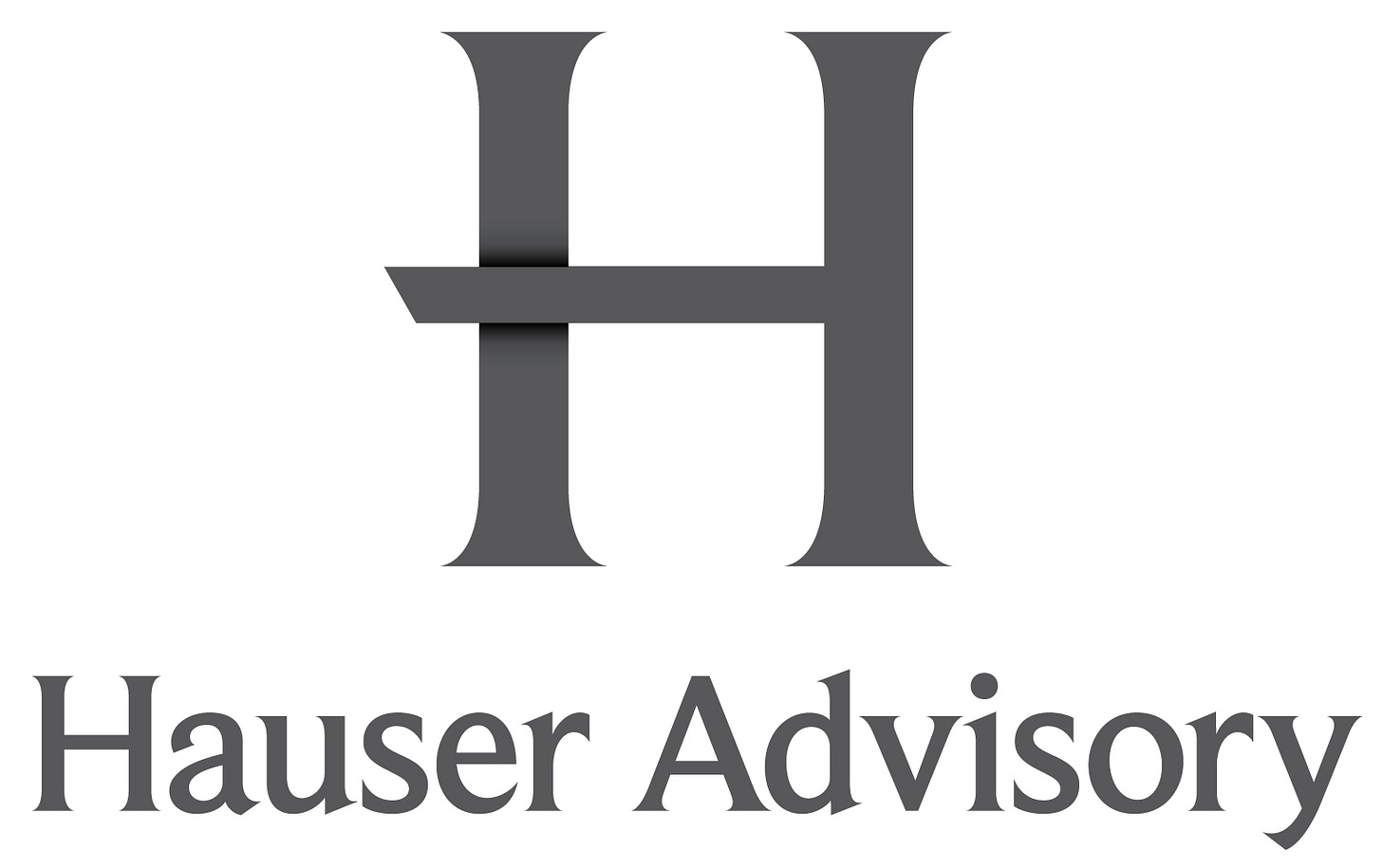Friends, two pieces of news crossed the wire as further evidence of the financial distress within the cannabis industry.
Similar to Ayr’s debt-for-equity swap last November, MSO 4Front Ventures announced back in January that it engaged in the same exercise. They reported that they swapped US$23 million of its senior secured debt, due May 2026, for about 245 million Class A shares of stock of the company, at a price per share of CAD$0.125 (or US$0.094), along with a warrant to buy an additional about 37 millions shares at CAD$0.14375 per share. The new shares and warrant, together with existing shares owned by the lender, resulted in the lender now owning about 18.4% of the company.
One way to think of this is that 4Front has delivered by reducing a large portion of its senior debt (a loan that has priority over other lenders) that comes due in about two years. Another way to think about it is that it issued stock in exchange for freeing up a reported $3 million in interest payments they annually were paying on that shtikel of debt. Sort of a backdoor equity investment in the company at a fair discount to the trading price (the stock closed at US$0.113/share on January 8, when the deal was announced).
Contrast that with the groisseh haircut (venture capital-speak for “reduction”) that point-of-sale and payments software provider Dutchie took in its recent equity raise. In a report that showed up outside of the usual cannabis press, Reforming Retail wrote earlier this week that Dutchie raised $100 million at a $400 million valuation, 89% less than the $3.75 billion valuation investors paid in October 2021. Roughly, say investors invested in 2021 at $100/share, the new investors are investing at $11/share (these aren’t real numbers).
This is what’s known as a “down round” in the venture capital world – raising money at a lower valuation (essentially, the price per share) than the last round of equity. No one likes a down round. Funds have to mark down their investments, reducing the fund’s reported returns and threatening the fund manager’s vigorish (what they get paid for making money for their investors). Founders are expensively diluted. Employees’ stock options are now probably out-of-the-money (valueless).
Down rounds are sometimes avoided with what’s known hilariously (to me) as “structure.” The new round of equity is issued at the same price per share (valuation) as the prior round, but the new investor gets juicy economic terms that, when it all pencils out, result in similar dilution and pricing as the down round would have. Matt Levine’s Money Stuff profiled and described venture capital “structure” back in January.
I’m guessing that it’s hard to use “structure” and replicate an 89% haircut with back-end economic terms.
To me, both of these transactions illustrate where we’re (still) at in the macro cannabis business cycle (i.e., (still) at the bottom). Pair that with reports about the imminent demise of MedMen, which, at its peak, was valued at $1.6 billion and, love it or hate it, had a brand aura that no one could touch. There are obvious parallels to the first dotcom boom, which we’ve discussed before, but the big difference is that the internet wasn’t illegal. Umglik bindt tsunoif (“misfortune binds together”).
Curiously, contrast that with the recent, strong performance of the publicly-traded US cannabis stocks, which I suspect is more reflective of rescheduling speculation than fundamentals (not investment advice). The economic boost from 280E no longer applying to cannabis that would come from rescheduling isn’t chopped liver, but it won’t fix the fundamental problems that hold back the industry. It won’t guarantee an influx of capital. It won’t fix the other high costs of doing business. It won’t open up banking (and I’m personally not convinced it makes the SAFE(R) bank bill more likely). It won’t do anything to address competition from the unlicensed market. I could go on and on.
This is why expensive and dilutive efforts to improve free cash flow and clean up the balance sheet are necessary, even more so given that bankruptcy isn’t (usually) an option here. Survival is currently the measure of success.
Be seeing you!
© 2024 Marc Hauser and Hauser Advisory. None of the foregoing is legal, investment, or any other sort of advice, and it may not be relied upon in any manner, shape, or form.




